Opportunities and Challenges of Macau Capital Integration into National Industrial Development
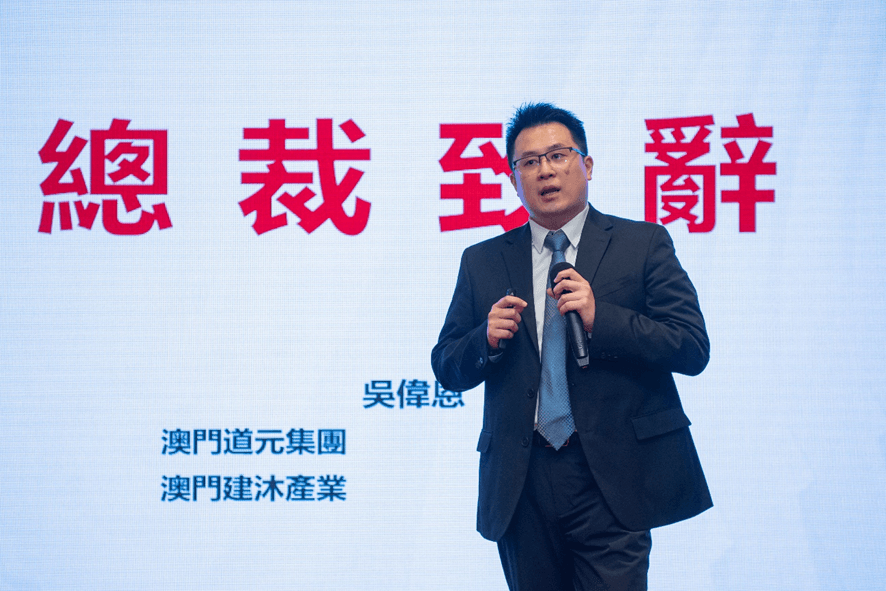
by Mr. Ng Wai Ian, Chairman of Macau Innovation Investment Federation and CEO of Zenta Group
In recent years, China has undergone many years of rapid development with the global economy being the second largest. To further satisfy people's pursuit of a better life, China needs to transform and upgrade its economy towards high-quality development and becoming a tech powerhouse, which is also a direction that the government has been strongly supporting. The emergence of the Science and Technology Innovation Board and the Beijing Stock Exchange has improved financing channels for innovative enterprises, widened the development path for equity investments of innovative enterprises, attracted more capital into equity investment markets, and thus, innovation equity investment will be a major investment opportunity in the next decade.
Mr. Ng added that since the outbreak of the COVID-19 pandemic in 2020, European and American countries have adopted a loose monetary policy, leading to an overflow of global capital and a large influx of capital into China's equity investment market. This year, the outbreak of the Russian-Ukrainian war has greatly impacted the European capital market and economy, driving many European enterprises to invest in China. Recently, BASF invested 10 billion euros to build an integrated base in Zhanjiang, Guangdong, and ABB company's advanced robot factory in Shanghai is about to start operations. Furthermore, BMW will transfer its production line of electric Mini cars from the UK to China. These investment cases showcase the acceleration of global capital inflow into China.
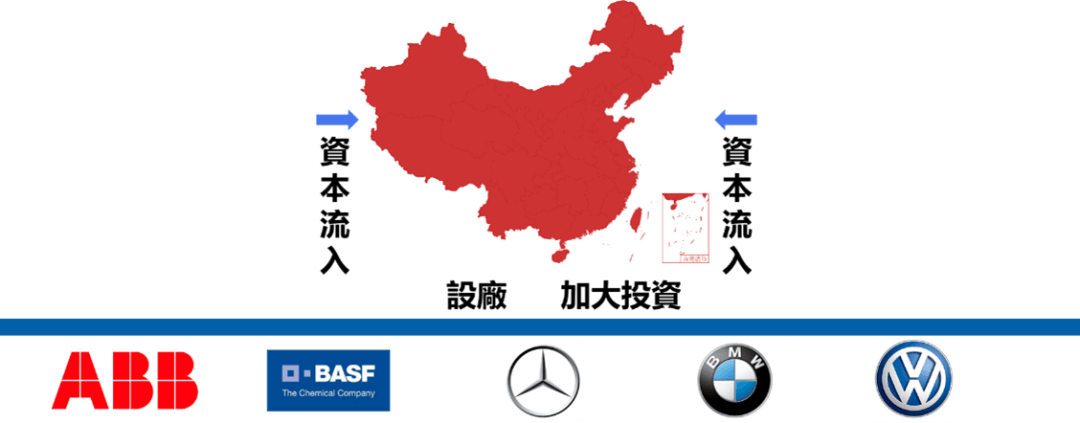
Furthermore, Mr. Ng pointed out that in terms of foreign investment in the mainland market, data has grown by 20.2% in 2021 to reach an all-time high of 173.48 billion US dollars. From January to August of this year, the year-on-year growth rate was more than 20%, reaching 138.41 billion US dollars. The scale of financial assets such as domestic stocks, bonds, loans, and deposits held by overseas institutions in the mainland as of August 2022 is RMB 10 trillion. Despite the unclear economic atmosphere of the big environment, these figures tell us that foreign investment in our country's industrial investment and capital market is quietly increasing.
Mr. Ng believes that as a member of the Greater Bay Area and one of the cities in the Science and Technology Innovation Corridor, Macau's integration into national development will provide a huge opportunity for its economic development. Qualified Foreign Limited Partnership (QFLP) which enables Macau capital to participate directly in domestic science and technology equity investment has already been in place for more than ten years, and the pilot system of QFLP is now well established. Furthermore, some local governments have even issued policies encouraging equity investment. However, the benefits of Macau capital participating in industrial equity investment, and joining the equity investment industry, also poses many challenges. Whether it is applying for a pilot plan for QFLP with local government approval, submitting a filing application with the China Venture Capital & Private Equity Association (CVCA), or operating after successfully filing, there are many challenges. From the second step of applying for the QFLP pilot plan to the local government, Macau investors need to have a comprehensive investment plan and feasible fund management plan, so that the local government can fully understand the company's business philosophy.
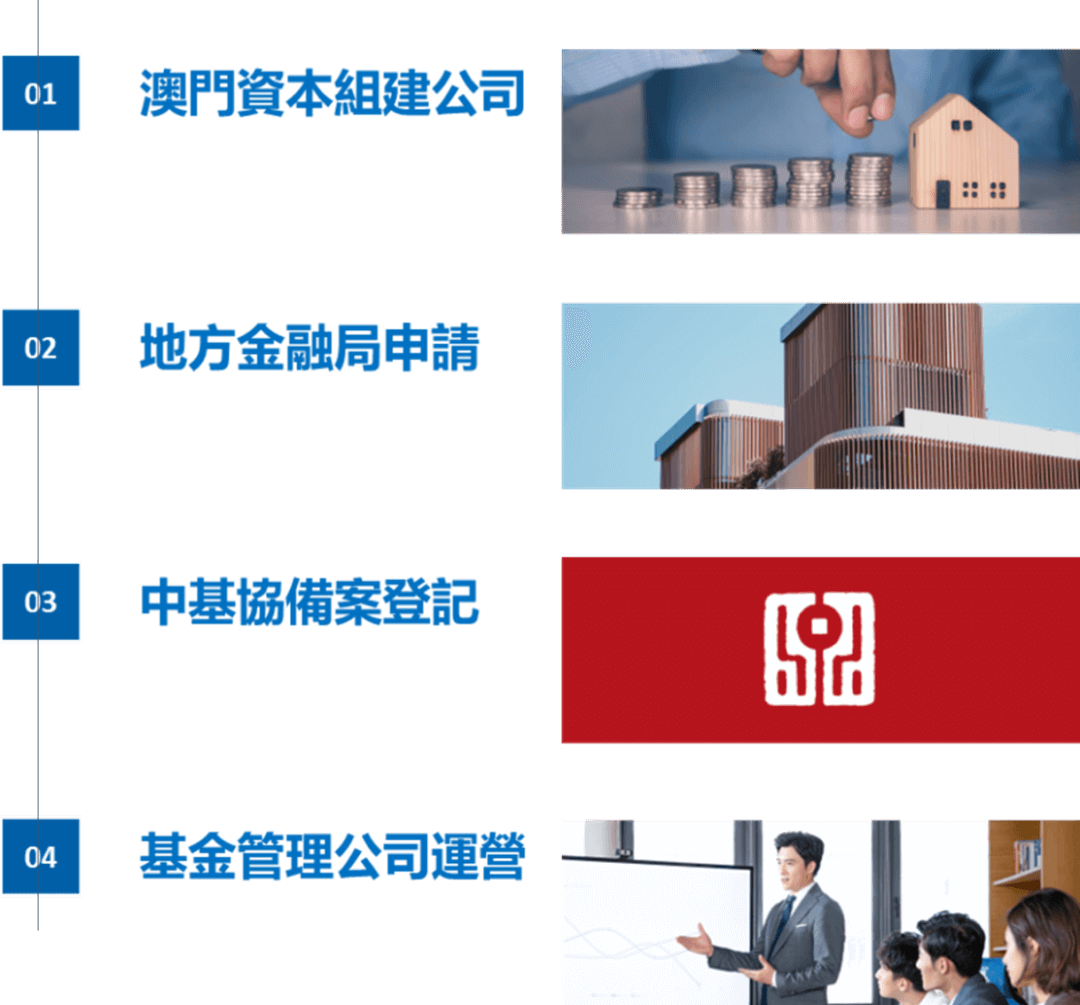
Mr. Ng further elaborated that acquiring approval from the local government and registering with the Central Joint Investment Registration Administration (中基協) involves four key preparations:
Building a team - all executives must have relevant industry experience as well as proof of successful equity investment exits.
Major shareholders - must have experience in the equity investment industry and not just pure financial investment.
Project pool - prepare a list of potential investment projects in advance.
Initial operating capital - before registering with the Central Joint Investment Registration
Administration, the team must be fully assembled, and operational costs such as salary and rent must be paid upfront regardless of whether the registration is successful.
Therefore, it is not easy for the Australian Qualified Foreign Limited Partner (QFLP) to overcome these challenges and successfully register.
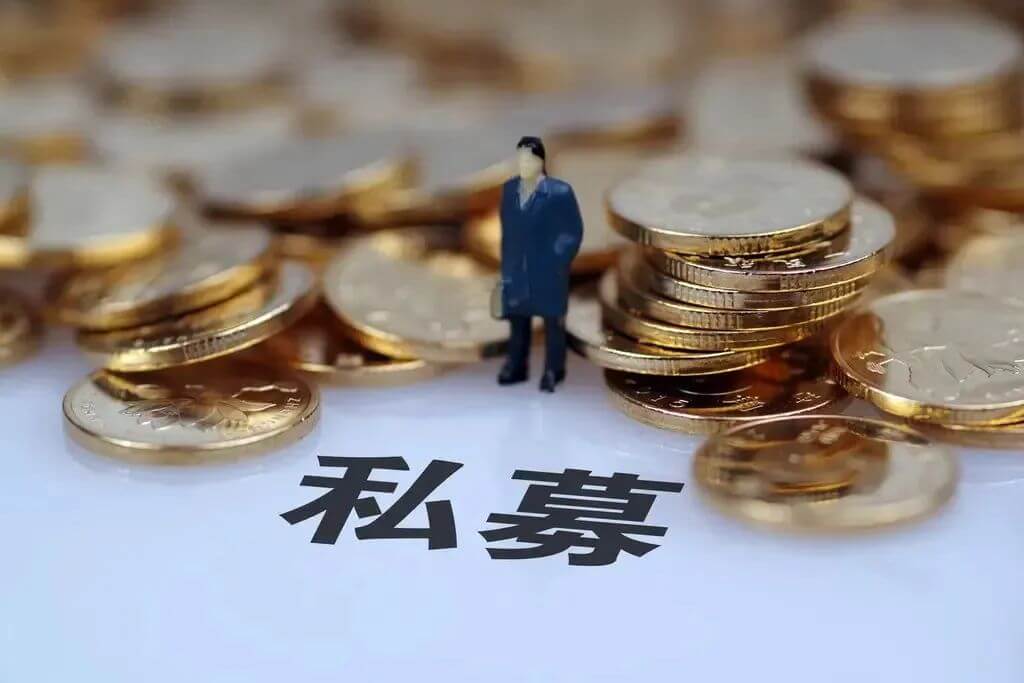
Mr. Ng said that after overcoming these challenges, operating a private equity fund involves four stages: fundraising, investment, management, and exit. Each stage presents various difficulties.
Fundraising - especially in Macau, where there are few people who understand private equity funds, let alone those who have investment experience.
Investment - good projects are not lacking funds. Investors who can provide upstream and downstream resources and business contacts are what businesses value. It is also not easy to invest in good projects.
Management - post-investment management requires a highly-skilled management team that stays informed about corporate development, predicts unfavorable conditions, and creates contingency plans. It is also important to assist invested enterprises with business growth and problem resolution.
Exit - the goal of investment is to profit, but IPO exits are only possible for a lucky few. Many projects require exit through mergers or buybacks.
These challenges are what Australian QFLPs must face in participating in private equity investment. Mr. Ng believes that it is essential to reference the experience of predecessors in private equity investment to identify an effective path forward.
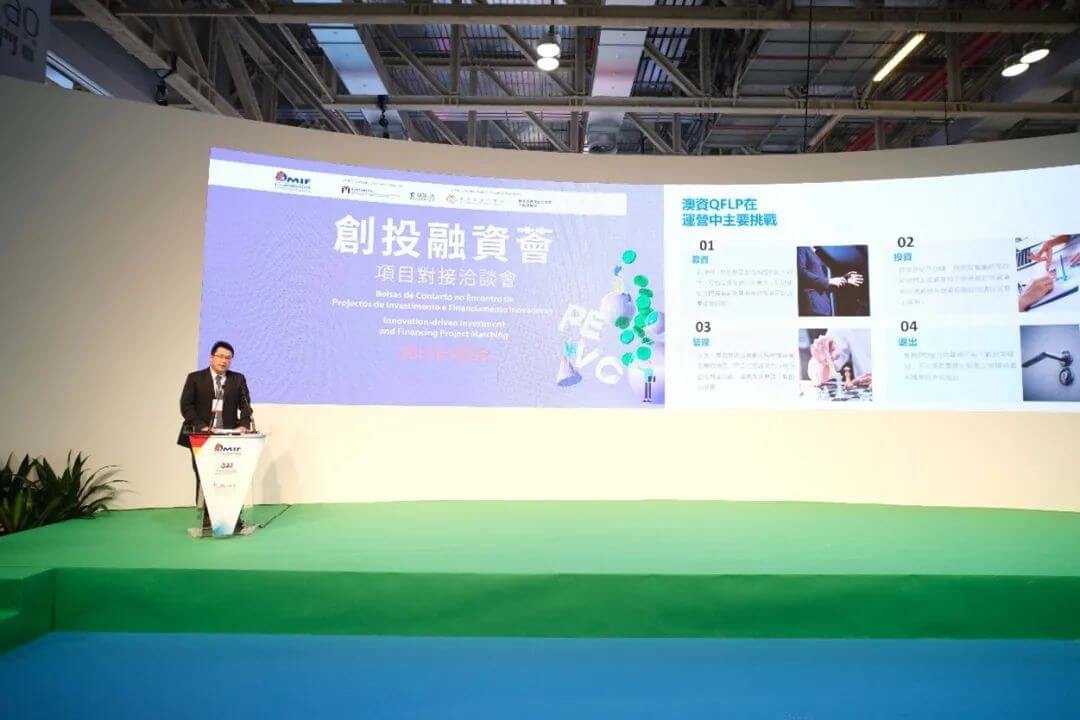
Mr. Ng mentioned the development of the mainland Chinese private equity fund industry and Shenzhen as an outstanding example. By the end of 2021, Shenzhen had 4,308 private equity fund managers, with a management scale of CNY 2.27 trillion. In terms of the number of funds and the scale of management, Shenzhen ranks second and third in the country, respectively. However, the development of private equity funds in Shenzhen was not smooth. Despite several private equity funds being established in major cities like Shenzhen during the early stages of reforms and opening up in 1992, many projects ended in failure due to issues such as difficulty in finding good projects and risk control.

Mr. Ng supplemented that the private equity industry in Shenzhen learned from the above experiences and united to pool their resources, forming a network and scale advantage. This formed a conducive environment for discovering good projects and obtaining favorable investment conditions. Key success factors also include the network concentration of resources which could help invested enterprises acquire the upstream and downstream resources they need, provide business orders and problem-solving, and support enterprise development. Subsequently, Shenzhen municipal government established robust investment holding and incubation institutions and promoted the steady development of private equity investment in Shenzhen with the help of government resources, attracting large companies with potential to create a positive impact on the entire industry.
Mr. Ng pointed out that given Macau's small market size, the industry should work together to share and integrate resources, maximizing their advantages and improving their chances of success. The establishment of the Macau Innovation Investment Union aims to achieve this goal by providing a platform for industry communication and promoting sustainable development. Since the private equity industry in Macau is still in its infancy, experience in handling challenges and difficulties is essential, and uniting and integrating resources is valuable to save time and cost and increase efficiency, enabling market opportunities to be exploited efficiently.
In conclusion, Mr. Ng opined that Shenzhen's successful transformation into a metropolis led by science and technology was due to seizing the timing of catching an era in which the government supported the development of private equity, and the results of private capital investing in private equity. Currently, significant opportunities available for developing national strategic industries, and the development of the Greater Bay Area favored by policies such as Hengqin-Macau integration, present a favorable environment for Macau to borrow from China's successful development approach in the private equity industry. With references and experience, Mr. Ng believes that Macau's private equity industry could chart its path and develop its unique characteristics to navigate through this new era of evolving opportunities.

